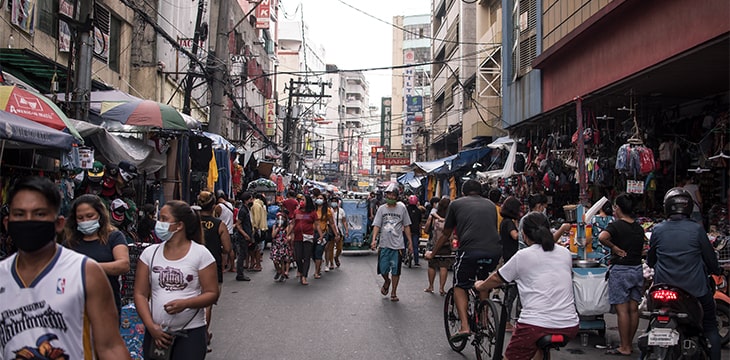|
Getting your Trinity Audio player ready...
|
Twala, a Web 3.0 firm in the Philippines, has unveiled its digital self-sovereign ID (SSI) product designed to improve processes requiring the identification of individuals. The firm revealed the product at the Philippine Identification Summit, an event that drew attendance from hundreds of industry professionals.
The firm told attendees that SSI would leverage distributed ledger technology (DLT), or blockchain, for the offering because of the privacy it affords users. The absence of intermediaries would ensure the safety of user data while ensuring that the communications between the identity holder and the verifying authority are streamlined.
Alex Quinit, the co-founder of Twala, notes that the core purpose of SSI is to give individuals greater control over how their data is shared while limiting misuse by bad actors.
“When opening a bank account, we are often asked to provide at least two government-issued IDs. For employment, we are being asked for police and NBI clearance, our academic credentials, and many more. It will take some time for these relying parties to verify our documents as they have limited ways to verify the authenticity of our documents,” said Quinit.
The slow pace of verification procedures increases the chances of hackers and fraudsters gaining access to the submitted IDs. Possession of ID information opens the floodgates of identity fraud, a major problem happening to Filipinos.
A recent study from data analytics firm FICO stated that up to 5 million Filipinos had been victims of identity fraud, while 6% of the population believe their identities have been used to create bank accounts without their authorization.
“APP fraud is becoming a bigger problem in the Philippines as we see a boom in the use of real-time payments,” wrote FICO. “Fraudsters are attracted to these scams as the victims bypass checks by authorizing the payments themselves, with the funds clearing instantly and laundered through a maze of accounts.”
Twala—Pushing the frontiers of digitization for the Philippines
Aside from the innovation of digital IDs, Twala has been exploring different ways to promote digitization for Filipinos. The firm provides a service that allows customers to digitally sign legally binding documents, which saves users the hassle of printing, scanning, faxing, and couriering documents.
Twala states that it complies with the Philippines’ Electronic Commerce Act and the Supreme Court’s Rules on Electronic Evidence while adhering to the e-signature rules of leading jurisdictions. The firm previously received support from the Department of Science and Technology via the Startup Grant Fund program.
Watch: The BSV Global Blockchain Convention presentation, Trust But Verify: Everything

 02-15-2026
02-15-2026 




